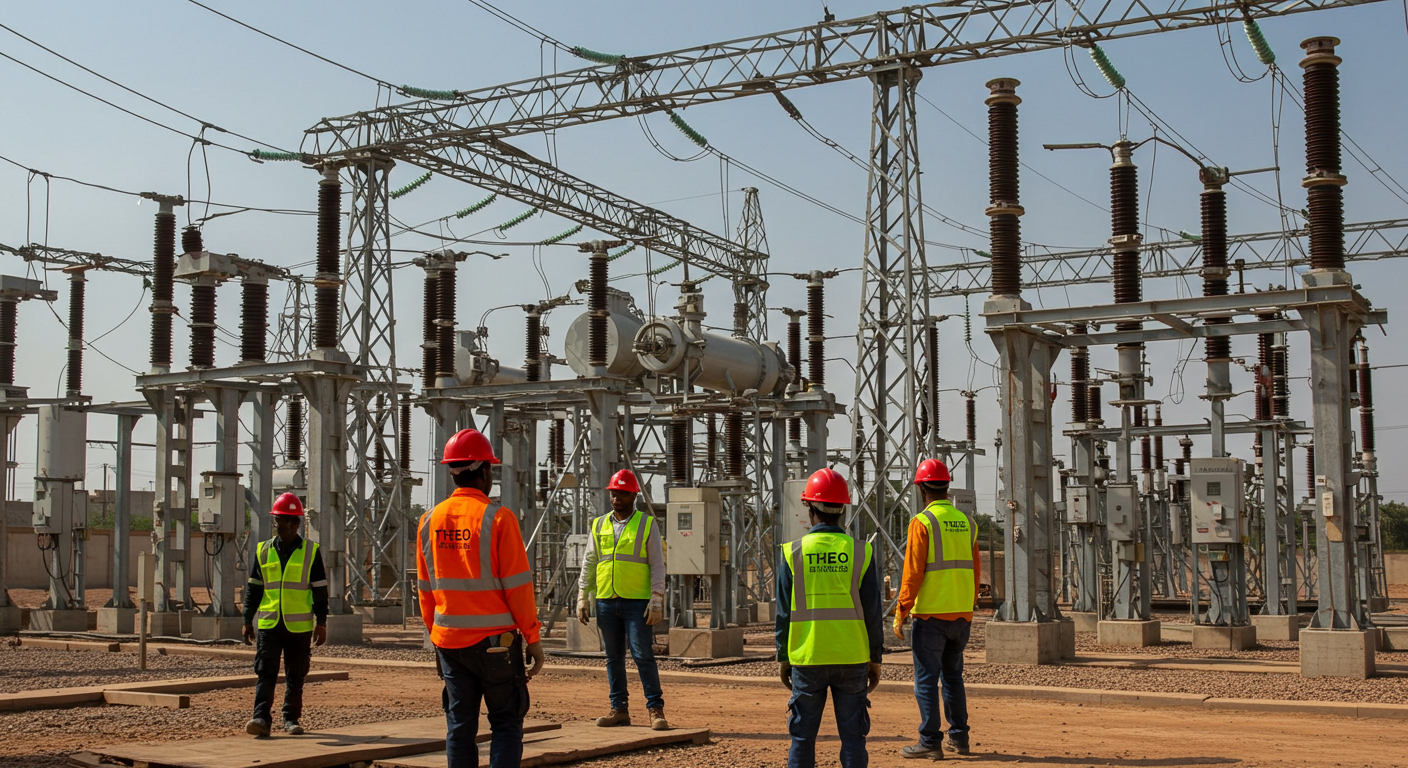Uganda is a nation on the move. With a rapidly growing population, expanding industries, and ambitious development goals, the demand for reliable and efficient electricity is escalating faster than ever before. While Uganda boasts a significant surplus in generation capacity, particularly from its abundant hydropower resources, the real challenge lies in effectively delivering that power to every home, business, and industry. This is where the specialized field of Power Engineering becomes absolutely critical.
Power engineering is the bedrock of a thriving electrical infrastructure. It’s the science and art of designing, developing, operating, and maintaining the systems that generate, transmit, and distribute electrical energy. For Uganda’s growing infrastructure, this means more than just keeping the lights on; it means fueling economic growth, enhancing quality of life, and ensuring a sustainable energy future.
The Pillars of Reliable and Efficient Electrical Solutions in Uganda
Delivering effective power engineering solutions in a dynamic environment like Uganda requires a multifaceted approach built on:
- Strategic Grid Expansion and Modernization: While Uganda has a generation surplus, significant bottlenecks exist in its transmission and distribution networks. Expert power engineers are essential in designing and overseeing the expansion of these grids, ensuring that power can efficiently reach all corners of the country, from burgeoning urban centers to remote rural communities. This includes:
- High Voltage Transmission Lines: Building new lines and upgrading existing ones to handle increasing loads and reduce transmission losses.
- Robust Distribution Networks: Designing resilient local grids that can withstand environmental factors and minimize outages, integrating new technologies for smarter distribution.
- Substation Development: Constructing and upgrading substations to efficiently step down voltage and manage power flow across different parts of the network.
- Harnessing and Diversifying Energy Sources: Uganda’s impressive reliance on renewable energy, particularly hydropower, is a commendable feat. However, power engineering also plays a vital role in integrating a more diverse energy mix. This includes:
- Solar Power Integration: Designing grid-tied and off-grid solar solutions, especially for remote areas not easily reached by the national grid.
- Exploring Geothermal and Other Renewables: Conducting feasibility studies and engineering solutions for emerging renewable sources to further enhance energy security.
- Optimizing Existing Hydro-power: Implementing advanced control systems and maintenance strategies to maximize the efficiency and reliability of existing hydro-power plants.
- Ensuring System Stability and Reliability: A consistent power supply is paramount for industrial growth and daily life. Power engineers are responsible for:
- Grid Stability Analysis: Continuously monitoring and analyzing the grid to prevent blackouts and brownouts, ensuring a stable frequency and voltage.
- Fault Detection and Protection: Designing and implementing sophisticated protection systems that can quickly identify and isolate faults, minimizing downtime.
- Load Management: Developing strategies to manage demand and supply, ensuring that the system can handle peak loads efficiently.
- Integrating Smart Grid Technologies: The future of power lies in intelligent, interconnected systems. Power engineers are at the forefront of implementing smart grid solutions in Uganda, such as:
- Automated Metering Infrastructure (AMI): Enabling remote meter reading and improved billing accuracy.
- Supervisory Control and Data Acquisition (SCADA) Systems: Providing real-time monitoring and control of the entire power network.
- Demand-Side Management Programs: Empowering consumers to optimize their energy consumption, contributing to overall grid stability.
- Prioritizing Safety and Compliance: Electrical systems, especially high-voltage ones, pose inherent risks. Expert power engineers meticulously adhere to national and international safety standards and regulations, ensuring that all designs and installations are safe for workers and the public, and that all infrastructure is legally compliant.
The Path Ahead: Powering Uganda’s Vision 2040
Uganda’s ambition to transform into a modern and prosperous nation by 2040 hinges significantly on its ability to provide universal access to affordable and reliable electricity. This grand vision requires continuous, strategic investment in power engineering expertise.
By prioritizing highly skilled power engineers and innovative solutions, Uganda can not only overcome its current distribution challenges but also build a resilient, efficient, and sustainable electricity network that will truly power its progress into the future. It’s about more than just megawatts; it’s about empowering communities, driving industries, and lighting up the path to prosperity for every Ugandan.
